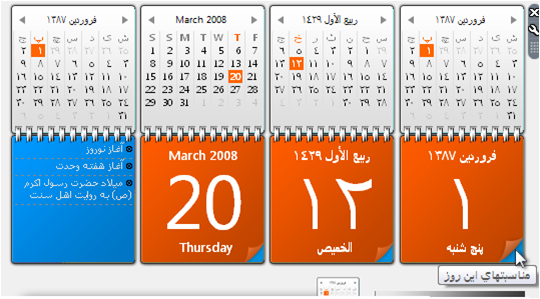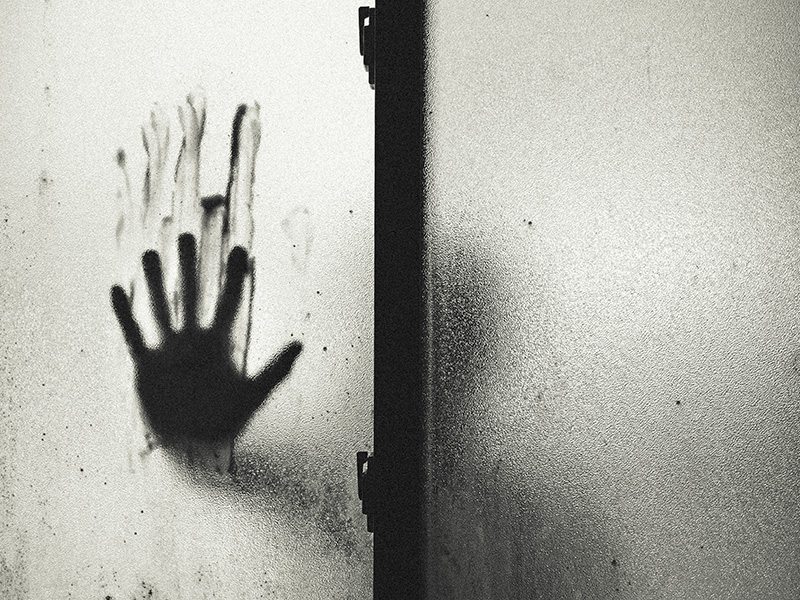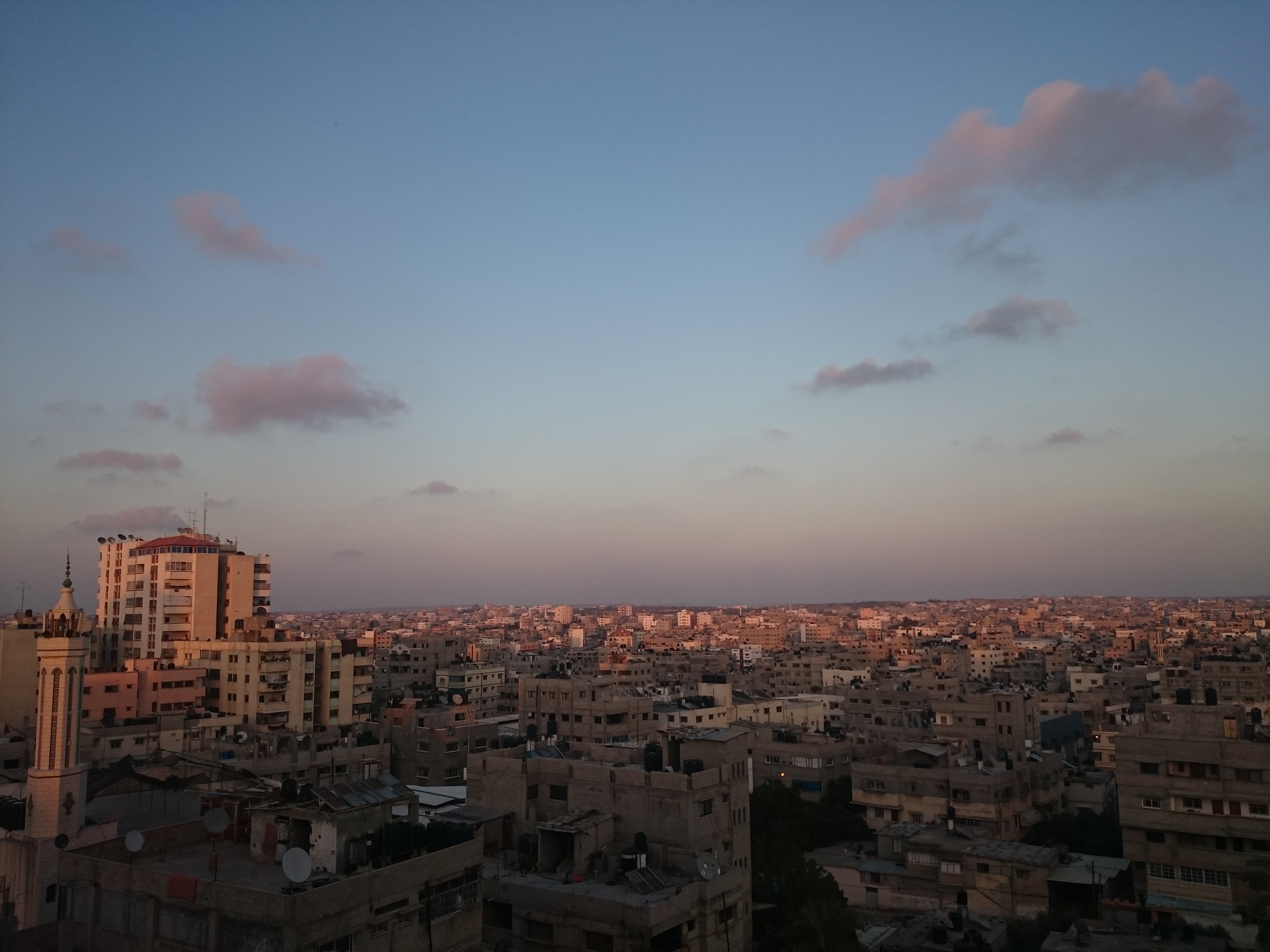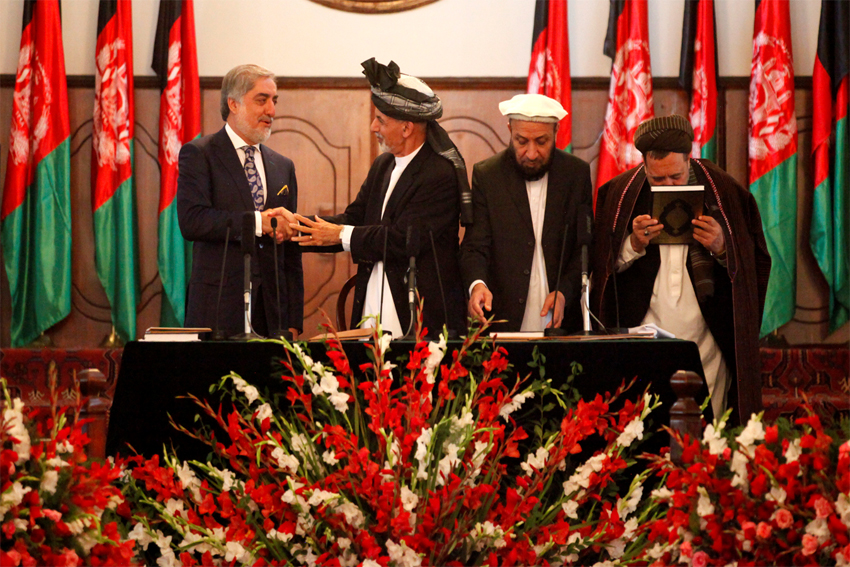Jordan, sometimes considered a “small fish” in the “big sea” of Arab countries, was one of the few countries in the Middle East not to experience a full “Arab Springs”. She saw small protests, remedied by the implementation of constitutional reforms. But the effects of the Syrian Crisis could mean this tide is changing. What follows are the top questions King Abdullah of Jordan must be asking himself at this trying time – one for each day of the week.
1. Sunday, (In the Arab world, the week begins on Sunday):
Will I ever live up to my father’s legacy?
Many see King Abdullah as falling short when compared to his iconic father, King Husayn (d.1991). It would appear, however, that the Monarchy is an institution that holds the country together. This can be confirmed by the fact that despite the King’s strict orders banning the use of excessive force on demonstrators, demonstrations are not abundant. There does not appear to be enough support to topple the Monarchy.
[captionpix align=”left” theme=”elegant” width=”320″ imgsrc=”http://natoassociation.ca/wp-content/uploads/2013/08/King-Abdullah-II.jpg” captiontext=”The dashing King Abdullah II.”]
2. Monday:
Will the post-Arab Spring honeymoon last?
Following the Arab spring, the Monarchy has secured the upper hand, neither from ingenious crisis management nor dramatic domestic change in the economy nor from services and rights accorded to citizens. Rather, the longer term outcomes of the Arab Spring revolutions especially in Egypt and Syria, have horrified Jordanians. The current stability they enjoy, and the lack of brutality from the Establishment suggests they see themselves gaining little from protesting.
Despite tensions re-heating in Egypt, and an unemployment rate of 23%, Jordan stills seems safe from protest as she has spent well on her education system, even appealing to CIDA (The Canadian International Development Agency) for expertise in modernizing it, and modernising labour market management systems. This has created a population who see the overall harm of revolution. The Kingdom also strives to employ many of its youths with the Government, the Military, and Mega National Projects being the largest employers in the country outside of the capital. For those that remain unemployed, efforts are being made to promote private enterprise, seen in the Queen Rania Centre of Entrepreneurship, named after the dynamic Queen of Jordan. Jordan is not in any immediate danger.
3. Tuesday:
What is Jordan’s stake in the Syria Conflict?
Branching into the Syrian conflict, in which Jordan is heavily embroiled, the questions and the answers become more difficult.
Jordan borders Syria close to the rebel stronghold town, Daraa. It is using Jordanian mobile networks that rebels remain in contact with each other there. Fights occur between rebels and Syrian government forces daily on the border. Fortunately, the border has not been bombed like Turkey’s was. There are two issues that affect Jordan.
Firstly thousands of refugees are pouring into Jordan. Secondly, many are members of the main Islamist opposition in Syria, who seek to replace the Alawite regime with a Sunni government. It is reported that although these refugees sign waivers at the Jordanian border stating they will not return to fight, Jordan is their crucial recuperation center. Here they have also managed to whip up fervour among the Jordanian Islamists (Al Tayar al-Salafi al-Jihadi) who are recruited to fight for Syrian groups, such as Jabhat al-Nasra, (an Al-Qaeda affiliate). Individuals linked to the Jordanian branch of the Muslim Brotherhood are providing guns to groups in southern Syria and Jordanian Jihadi preachers encourage their followers to fight for the Syrian cause.
4. Wednesday: The hardest question arrives mid-week:
What does this mean for Jordan – are the Jordanian Islamists gearing up for something in Jordan?
The Jordanian Muslim Brotherhood are the most organized ‘movers and shakers’ for reform in Jordan. Therefore, although King Abdullah has called for Assad to step down, he has expressed hope that the replacement government will be secular as he fears an Islamist regime may bolster the Islamists at home. Added to his, he is no doubt aware that martyrs are the surest way to encourage a zealous religious movement. Camps in Jordan have held “martyr ceremonies” for residents who die as suicide-bombers in Syria which is potentially worrying.
But as earlier questions have suggested, the majority of Jordanians are looking for “more of the same”: more monarchy, more stability, less revolution and less Islamism.
[captionpix align=”left” theme=”elegant” width=”320″ imgsrc=”http://natoassociation.ca/wp-content/uploads/2013/08/jordan-syria.jpg” captiontext=”Jordanians and Syrian refugees carry the body of a 6-year old Syrian boy shot while feeling Syria with his family.”]
5. Thursday:
Should the refugees be kept separate or allowed to integrate into Jordanian society?
To date, Jordan has seen over 250,000 refugees enter the country and has also had to close its gates on many. Like Lebanon, Jordan initially allowed refugees to mix with the local population. But as the influx has intensified, Jordan erected vast internment camps, perhaps in an attempt to stop Islamists spreading their ideas and influencing Jordanians.
This however presents its own problems: packing together thousands of refugees in poor conditions in camps may lead to further frustration which could turn into protests. Though refugees will largely be grateful for a sanctuary away from Syria, there is still a risk of blowback inside the kingdom, posing an even greater threat to Jordan’s stability than the war in Iraq, which led to bombings of three Amman hotels in 2005.
6. Friday: An easier question to ponder after Friday “Jummah” prayers:
Will I be considered a Western puppet?
Knowing that an Islamist government in Syria will mean an end to moderate Islam, King Abdullah has turned to Western powers: America, Britain, and France have sent military advisers to Jordan to address concerns regarding Syria’s chemical weapons’ stockpiles. This, however, is seen as a “cover up” for the real reason for their presence: to counsel the King on how to prevent a spillover of the conflict itself. Though such a move brings with it the risk of presenting the King as a western puppet, and therefore fuelling more resistance, it may also be the most necessary action to address the growing presence of Islamist refugees.
7. Saturday
How do I deal with the indigenous Jordanians becoming an even smaller minority in their own country?
For indigenous Jordanians, the prospect of another wave of refugees, following the hundreds of thousands of Palestinians who arrived in previous decades, threatens to continue to cement their status as minorities in their own country.
But one must remember that currently Jordanians enjoy privileges over their Palestinian counterparts: Jordanian Palestinians pay tariffs of up to 200% for an average family car, a fixed 16-percent sales tax, a high corporate tax, and a higher income tax. Most of their fellow indigenous Jordanian citizens do not pay these and instead are employed by the government allowing them access to government-subsidized shops which do not increase their prices despite inflation.
Palestinians therefore contribute significantly to the country’s economy by paying heavier taxes while not taking state benefits, and have limited political representation. Jordan is therefore well-versed on how to compensate for the numerical imbalance in their population tipped in favour of non-Jordanians, and this same system will no doubt be used with Syrian refugees who seek to start a life in Jordan.
King Abdullah of Jordan’s brow may still be furrowed however, as might it be possible that a combined Syrian Palestinian rebellion could occur in Jordan?




